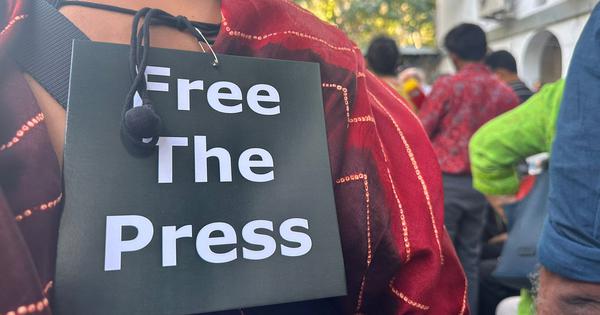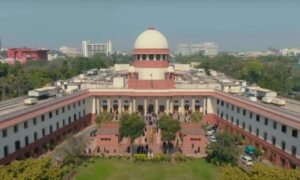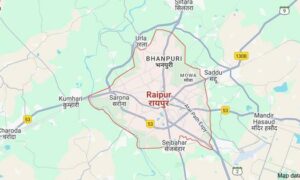
Press bodies have expressed concern about the recently-notified Digital Personal Data Protection Rules, 2025, saying that the “ambiguous obligations” they impose could open the door for indirect censorship.
The Union government notified the rules on Friday, bringing into effect the Digital Personal Data Protection Act passed in 2023.
With this, the provision that amends the Right to Information Act – to bar the disclosure of personal information about public officials even when such disclosure may serve a larger public interest – also came into effect.
Critics had described this change as a serious threat to the principles of transparency and accountability that the Right to Information Act was designed to uphold.
On Wednesday, the Editors Guild of India stated that the Rules “continue to leave critical questions unresolved for journalists and media organisations”.
The guild pointed out that the secretary to the Union Ministry of Electronics and Information Technology had assured press bodies in July that journalistic work would not fall under the purview of the Act.
The press bodies had at the time urged the Union government to issue a “legally tenable clarification or amendatory provision” to explicitly safeguard journalistic activities, it added.
It said that questions and scenarios had also been submitted to the ministry to seek clarity on matters related to consent, exemptions, data retention, research and reporting in the public interest.
“However, there has been no official response since then,” said the guild, adding that the notified Rules also do not address the concerns.
“Ambiguous obligations around consent risk exposing journalists and newsrooms to compliance burdens that may impede routine reportage,” the guild stated.
Digipub News India Foundation, an association of independent digital news organisations and journalists of which Scroll is a member, echoed the concerns. It said that the Digital Personal Data Protection Rules, 2025 and the Digital Personal Data Protection Act “create a regulatory framework that endangers journalism”.
“They endanger source confidentiality, hinder public-interest investigations, obstruct anti-corruption disclosures, and weaken the information framework essential for democratic accountability,” alleged the association on Tuesday.
It also pointed out that the Union government is yet to respond to the questions the press bodies had earlier raised or address their concerns.
“This reflects a serious departure from the democratic consultative process expected in delegated legislation and demonstrates disregard for press freedom and the constitutional right to information,” said Digipub.
The Editors Guild and the Digipub urged the Union government to urgently clarify that journalistic activities would be exempted from the ambit of the Act.
“In the absence of such clarity, confusion and over-compliance will weaken press freedom and obstruct the media’s essential role in a democratic society,” said the Guild.
Digipub also urged the government to amend the provisions that allegedly undermine media freedom and the Right to Information.
Also Read: Why the draft personal data protection rules are contentious
📰 Crime Today News is proudly sponsored by DRYFRUIT & CO – A Brand by eFabby Global LLC
Design & Developed by Yes Mom Hosting






